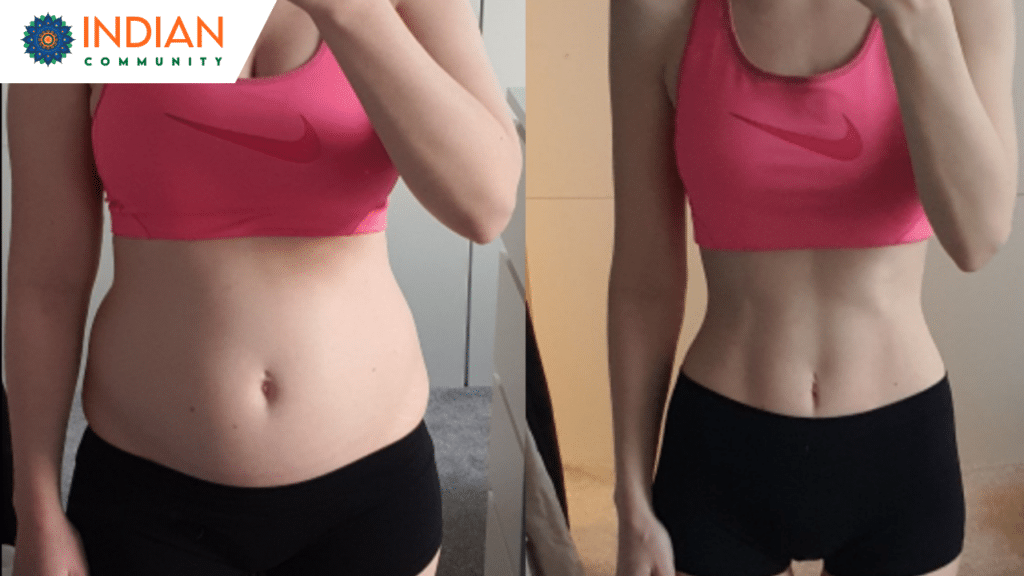Weight loss can seem challenging, especially if you’re unable to stick to strict diets or exercise routines. Fortunately, small behavioral and lifestyle changes can make a big impact. Here are nine easy, scientifically-backed methods to help you lose weight without sweating it out at the gym.
1. Chew Thoroughly and Eat Slowly
Eating slowly allows your brain to recognize when you’re full, reducing overeating.
- Benefits:
- Reduced calorie intake
- Increased feelings of fullness
- How to Apply:
- Count how many times you chew each bite.
- Set down your utensils between bites.
2. Use Smaller Plates for High-Calorie Foods
Your plate size can influence how much you eat. Smaller plates make portions appear larger, helping you feel satisfied with less food.
- Pro Tip: Serve high-calorie foods on smaller plates and nutrient-rich, lower-calorie foods on larger ones.
3. Boost Your Protein Intake
Protein can reduce hunger and help you feel full for longer. It also boosts metabolism slightly by increasing thermogenesis (calorie burning).
- Examples of Protein-Rich Foods:
- Chicken breast, fish, Greek yogurt, lentils, quinoa, and almonds.
- Quick Tip: Start your day with a high-protein breakfast like eggs or Greek yogurt.
4. Cook More Meals at Home
Home-cooked meals give you control over ingredients, portions, and calorie intake.
- Why It Works:
- Reduces the consumption of processed foods.
- Encourages healthier ingredient choices.
- Easy Recipes: Try simple dishes with lean proteins, whole grains, and vegetables.
5. Load Up on Fiber-Rich Foods
Fiber helps you stay full longer by slowing digestion and stabilizing blood sugar levels.
- Top Fiber Sources:
- Oats, beans, Brussels sprouts, asparagus, oranges, and flaxseed.
- Recommended Intake:
- Women: 28 grams/day
- Men: 34 grams/day
6. Stay Hydrated
Drinking water, especially before meals, can naturally reduce your calorie intake.
- Research Insight: Drinking 1 pint of water before meals can reduce calorie intake and increase feelings of fullness.
- Hydration Goals:
- Men: 15.5 cups/day
- Women: 11.5 cups/day
7. Practice Mindful Eating
Pay attention to your meals without distractions like TV or smartphones.
- Benefits:
- Reduces overeating.
- Enhances enjoyment of food.
- How to Start:
- Focus on the taste, texture, and aroma of your food.
- Eat at the dining table, away from screens.
8. Prioritize Sleep and Manage Stress
Lack of sleep and high stress can increase hunger hormones, leading to overeating.
- Tips for Better Sleep:
- Aim for 7-9 hours of quality sleep each night.
- Create a bedtime routine.
- Stress Management:
- Practice yoga, meditation, or deep breathing exercises.
9. Cut Down on Sugary Drinks
Sugary beverages are a major source of empty calories. Swapping them for healthier options can significantly reduce calorie intake.
- Healthier Alternatives:
- Water, unsweetened tea, sparkling water with lime, or vegetable juice.
- Why It Matters: Liquid calories don’t provide the same fullness as solid foods, leading to overconsumption.
Weight loss without exercise is achievable with simple, sustainable lifestyle changes. By eating mindfully, staying hydrated, and prioritizing sleep, you can shed pounds without strict diets or workouts.

